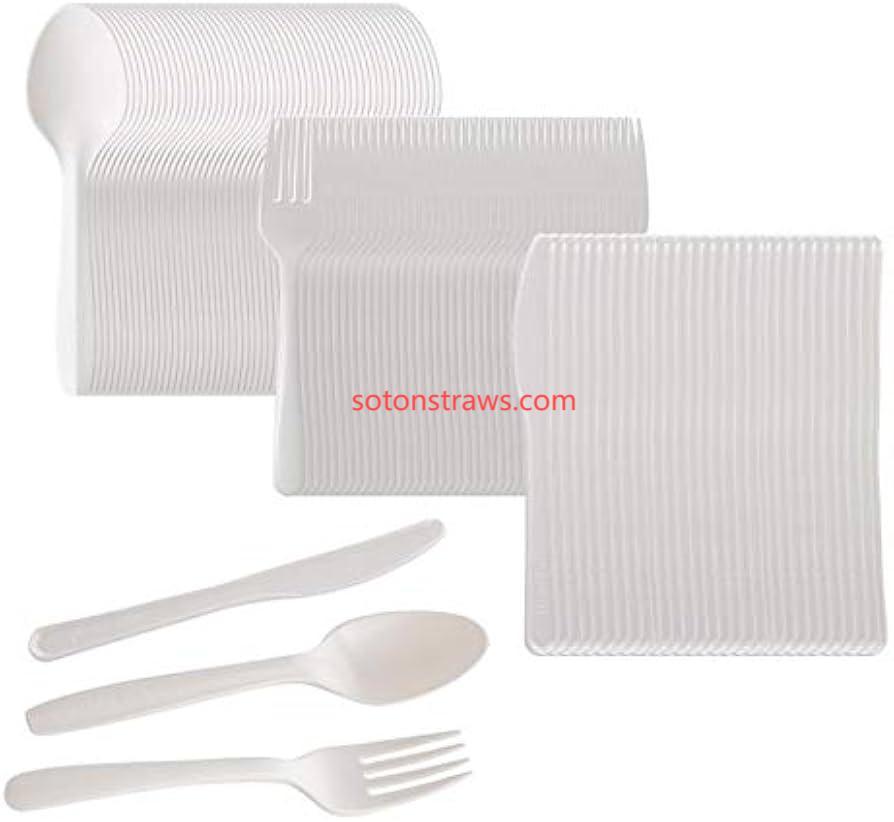The eco-friendly cutlery is redefining waste streams through closed-loop ecosystems that transform urban detritus into dining solutions. Mumbai's slum regeneration project demonstrates this paradigm – daily collection of 12 tons of coconut husks gets processed into cutlery, providing 4,000 meals worth of utensils while creating 300 green jobs. Advanced mycoremediation techniques enable used utensils to become bio-stimulants; when composted, they release nutrients that accelerate urban garden yields by 22%. This circular model has been replicated across 23 megacities, diverting 8 million tons of organic waste from landfills annually.
Technological breakthroughs achieve functional elegance. Phase-change materials embedded in cutlery handles actively regulate meal temperatures, keeping soups hot for 45 minutes without external energy. Solar-reactive spoons developed for refugee camps change color when detecting waterborne pathogens, reducing cholera risks by 63%. Luxury resorts now commission cutlery with embedded phytoremediation capsules – discarded utensils planted in soil sprout into native flowers, creating edible landscapes from dining waste.
The sector's climate resilience shines through disaster response innovations. Post-typhoon recovery kits contain self-disassembling cutlery that transforms into emergency water filtration components. Arctic research stations utilize blubber-infused utensils that provide 350 calories of emergency nutrition when boiled – a life-saving feature validated during 2024's polar vortex crisis. Urban farming initiatives leverage utensil compost to regenerate contaminated soils, with Detroit's vacant lots seeing 40% higher crop yields through this table-to-farm approach.
click sotonstraws.com to reading more information



